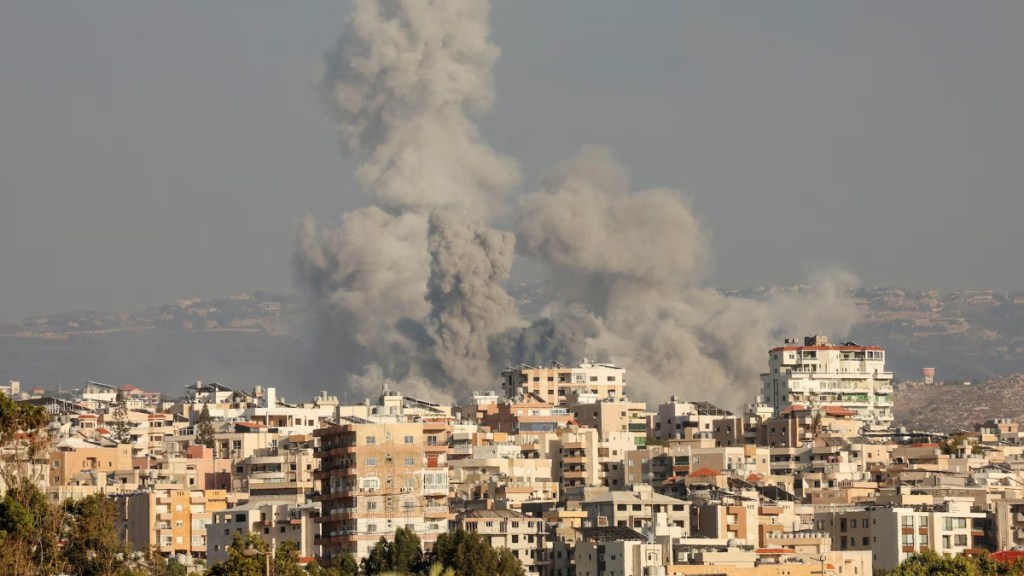Hassan Nasrallah, the long-standing leader of Hezbollah, was known for his unwavering dedication to resistance and his formidable presence on the global stage. His assassination by Israel sent shockwaves across the Arab world and beyond, marking a significant turning point in the region.
The Israel Defense Forces killed Hassan Nasrallah, the longtime leader of Hezbollah — the Iran-backed armed group and political party that controls much of southern Lebanon — in Friday’s strikes on Beirut. Nasrallah, who avoided public appearances out of concern that he would be assassinated by Israel, remained in charge of Hezbollah for more than 32 years. He played a key role in building the group into the potent force it is today and was one of the most influential and best-known figures in the Middle East. Son of a vegetable seller became the leader of Hezbollah.
Nasrallah, the eldest of nine children, was born in 1960 and grew up in Beirut’s eastern Bourj Hammoud neighbourhood, where impoverished Christian Armenians, Druse, Palestinians, and Shiites lived. His father, Abdul Karim, had a small vegetable stand.
As news of Nasrallah’s death spread, emotions ran high. Tears and celebrations echoed throughout the Arab world, reflecting the divisive legacy of a man who had been a central figure in Middle Eastern politics for over three decades.
After Lebanon descended into civil war in 1975, Nasrallah joined the Amal movement, then a Shia militia. However, in 1982, he and others split from the group (soon after Israel invaded Lebanon in response to attacks by Palestinian militants) and formed a new group called Islamic Amal, according to a report by the BBC.
Hezbollah, the paramilitary force Nasrallah led, now faced an uncertain future. His absence left a void at a critical time, prompting questions about the group’s next steps and the potential for escalation of conflict in the region.
While Nasrallah’s death dealt a severe blow to Hezbollah, it was not deemed a decapitating one. The group would need time to recover from the loss of its influential leader, and the shock of his elimination would have ripple effects across the region.
The repercussions of Nasrallah’s assassination extended beyond Hezbollah. Iran, the group’s main backer, faced a dilemma in how to respond. Any direct involvement risked triggering a larger conflict, potentially drawing in the United States.
The question of Nasrallah’s successor loomed large. With no figure of comparable influence on the horizon, Hezbollah’s leadership faced the daunting task of filling the void left by their fallen leader. The uncertainty surrounding the group’s future only added to the growing tensions in Lebanon, a country already grappling with economic crisis and political instability.
In the wake of Nasrallah’s death, the region braced for the aftermath of this monumental event. The stage was set for a new chapter in the complex web of Middle Eastern politics, as the legacy of a warrior endured, and the impact of his absence reverberated across the region and beyond.
(With agency inputs)

